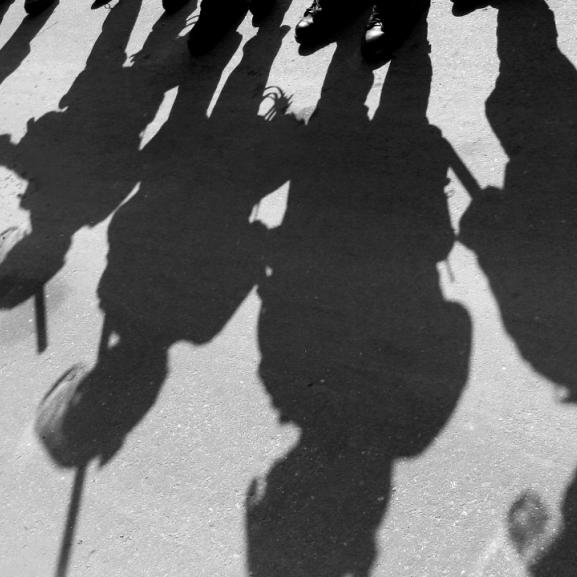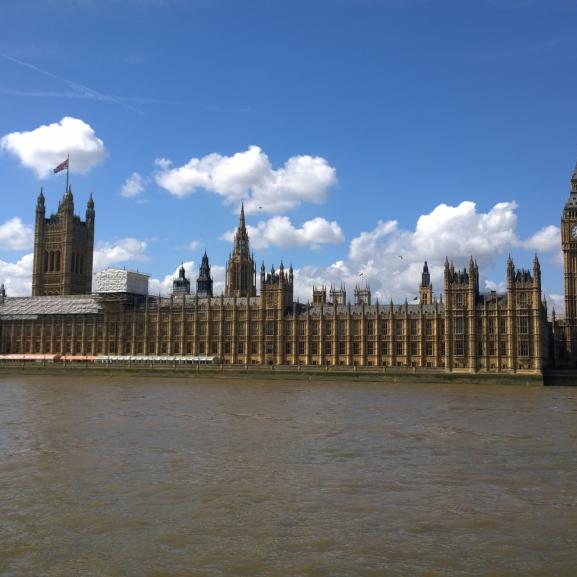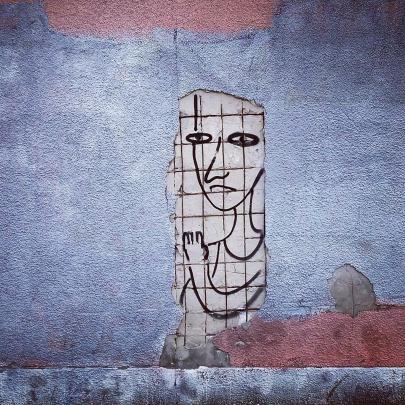Housing conditions may breach human rights
The urgent plight of torture survivors housed in cramped, pest-infested, insecure accommodation has been highlighted by a BBC report exposing the Government's shortcomings in meeting international human rights standards.
In one case highlighted by the report, broadcast on the 60th anniversary of the Universal Declaration of Human Rights, a young mother who fled persecution in Africa described how she and her two young sons have lived with a bedbug infestation for over six months.
She is one of several clients seen by the Medical Foundation for the Care of Victims of Torture (MF) who report living in deplorable conditions which are neither safe, habitable nor fit for purpose; criteria laid down by the UK Border Agency (UKBA) to the companies contracted to provide accommodation to asylum seekers.
Sonya Sceats, Policy & Advocacy Officer for the MF, said: "The Government is not getting value for money from its contracts with private landlords. They set out very high standards and these standards are simply not being met by these providers.
"The UK is party to treaties that include the right to an adequate standard of housing; the sorts of examples we're talking about fall short."
While their claims for protection under the Refugee Convention are considered, torture survivors are housed in premises provided by private landlords, contractors and subcontractors, under the remit of the UKBA.
Problems reported by clients of the MF include front doors that do no lock, cockroaches, lack of heating and lack of electricity. Clinicians working with survivors across the MF's four national centres report that such conditions compromise people's sense of security, impacting on their emotional and psychological well being and hindering their ability to come to terms with the consequences of torture.





